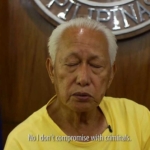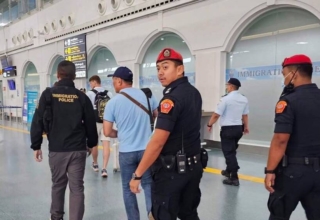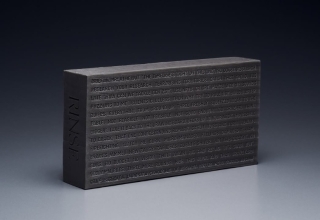
On Tuesday, December 13, the US Supreme Court decided to hear the appeal of a North Carolina man serving life in prison for participating in a scheme to murder a lady in the Philippines at the direction of the head of a transnational criminal organization.
The court decided to examine whether Adam Samia’s right to face the witnesses against him at trial was infringed by the introduction of a portion of a co-post-arrest defendant’s confession to the 2012 murder.
Samia, 48, was convicted in 2018 together with former US Army Sgt. Joseph Hunter and another North Carolina man, Carl David Stillwell, on charges linked to the death of Catherine Lee, a Filipino real estate agent.
Samia, according to prosecutors, murdered her while acting as a mercenary for Paul Le Roux, a leader of transnational organized crime born in Zimbabwe who was sentenced to 25 years in jail in 2020 after cooperating with police investigating his organization.
Keep Reading
Prosecutors asserted that his organization was involved in international money laundering, drug and weapon trafficking, and murder.
According to prosecutors, Joseph Hunter, a former US Army sergeant who oversaw Le Roux’s mercenary teams, recruited Samia and Carl David Stillwell for a “kill team,” and in exchange for payment, the two murdered Lee, whom Le Roux believed had stolen from him.
In 2018, all three men were found guilty and sentenced to life in prison.
Stillwell identified Samia as the shooter in a confession he made after his arrest, which was used at trial by the prosecution.
Stillwell did not testify at trial, thus Samia’s attorneys were unable to cross-examine him. His identity was deleted to safeguard his right under the Sixth Amendment of the US Constitution to confront witnesses against him.
Samia’s attorneys, however, assert that the confession remained incriminating and that the federal appeals courts are split on whether such edited confessions should be used at trial.


























